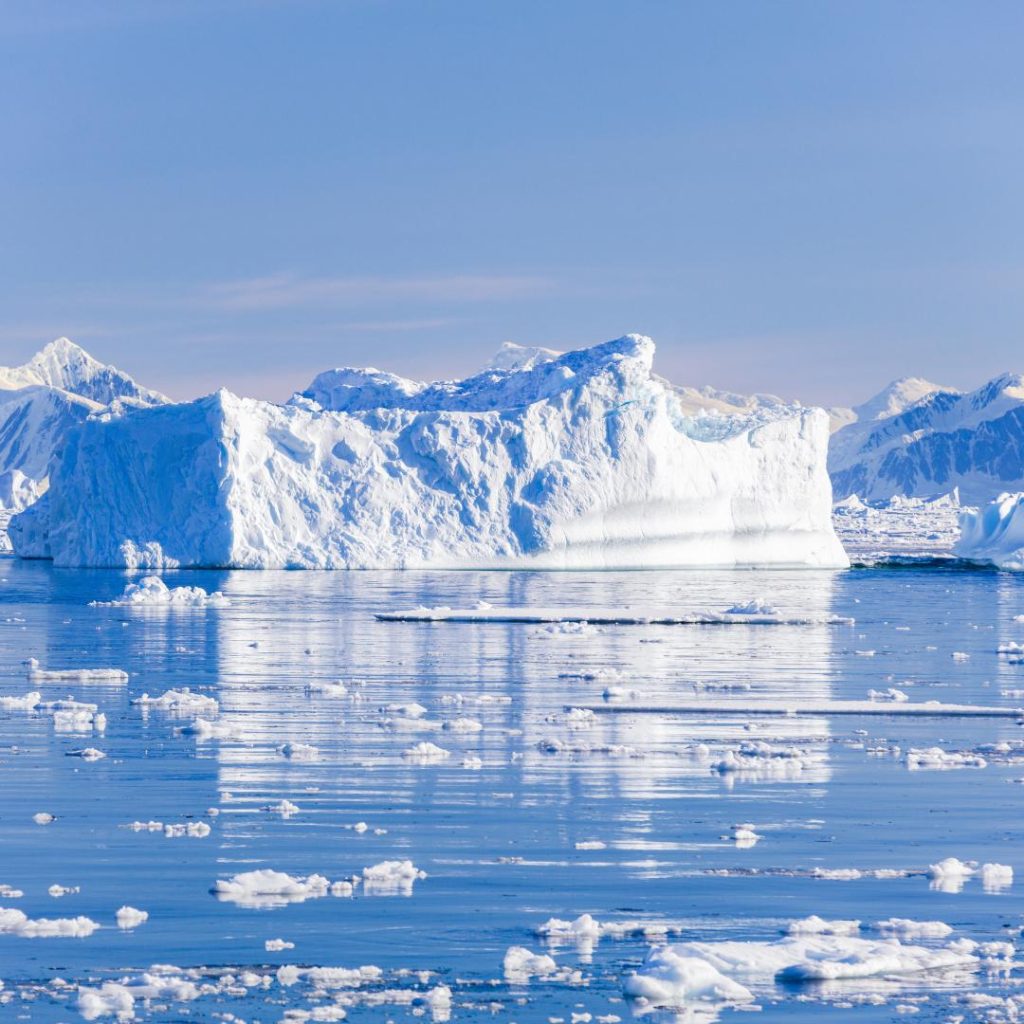Rising temperatures cause meteorites to sink in Antarctica

Samples from extraterrestrial bodies provide valuable information about our solar system. A recent study has shown that global warming is causing thousands of them to sink where they are most frequently found.
Around 1,000 meteorites are found in the Antarctic every year - that is more than 60 percent of the finds worldwide. According to estimates, there are already between 300,000 and 850,000 undiscovered specimens in the Arctic ice.
According to the study published in the journal "Nature Climate Change", these chunks of Mars, the moon and asteroids are immensely important for planetary research.
The team led by Harry Zekollari from the Swiss Federal Institute of Technology in Zurich (ETH Zurich) and Veronica Tollenaar from the University of Brussels in Belgium found that around 5,000 meteorites are already sinking into the not-so-eternal ice every year.
Meteorite finds should be preserved as well as possible
According to calculations, around a quarter of all meteorites will have disappeared by 2050. Depending on global warming by the end of the century, it could be up to 76 percent.
The scenario also comes into effect at temperatures above zero degrees Celsius, because the black meteorites would heat up strongly due to solar radiation and cause the ice beneath them to melt.
The researchers recommend increased international efforts to collect as many specimens as possible over the next ten to 15 years in the form of large-scale searches.
Currently, the locations of the searches are chosen more by logistical possibilities than by scientific priorities - this should change, according to the researchers.






